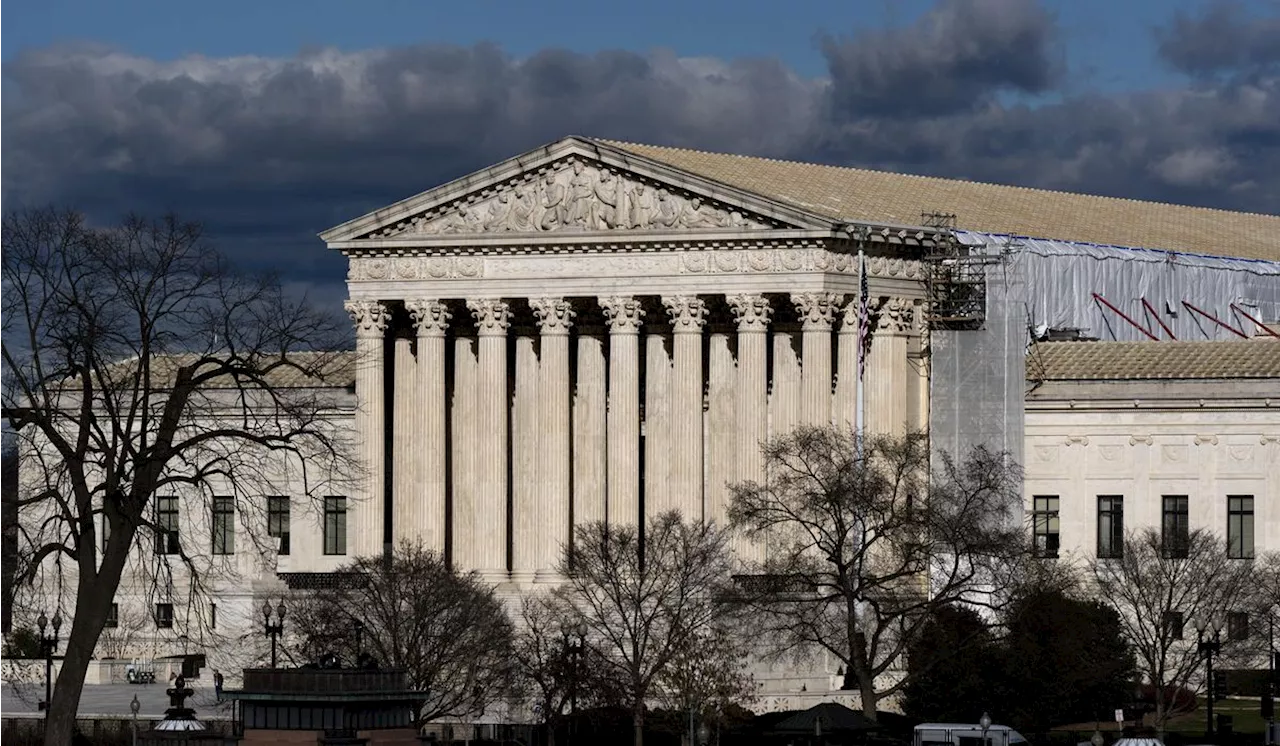The Texas Supreme Court is considering taking up the question of whether frozen embryos should be treated as people, not property, in a divorce case.
A nurse practitioner for Huntsville Reproductive Medicine, P.C., lifts frozen embryos out of IVF cryopreservation dewar in Madison, Alabama on March 4, 2024., The Texas Tribune’s daily newsletter that keeps readers up to speed on the most essential Texas news.
But Caroline Antoun, the wife, argues that Texas’ new abortion laws require frozen embryos to be treated as people and handled through the child custody process instead. In the earliest case, the Tennessee Supreme Court ruled in 1992 that frozen embryos were neither persons nor property, but instead were in an “interim category that entitles them to special respect because of their potential for human life.” Without a written contract in place, the court sided with the ex-husband, who wanted the embryos destroyed.
The Antouns married in 2014 and began IVF five years later. They implanted three embryos, resulting in two children and one miscarriage, and three remained frozen. The couple separated in 2021 and divorced in 2022. While they successfully mediated the other aspects of their divorce, including custody of their two children, they ended up going to court over the frozen embryos.
Her lawyers also argued that treating frozen embryos as property was a return to the days of slavery, before “the ownership of persons became an issue relegated to history.” “Dobbs held that the United States Constitution does not guarantee a right to an abortion,” the judges wrote. “Dobbs did not determine the rights of cryogenically stored embryos outside the human body before uterine implantation. Dobbs is not law ‘applicable’ to this case, and thus its pronouncement did not justify a new trial.”
Without the ability to freeze the embryos, fertility clinics would have to either transfer all the embryos at once, or fertilize only one egg at a time, ASMR wrote in its brief. Either option “would make IVF much more burdensome, risky, expensive and less effective,” the group wrote. “Because this case would only set precedent for custody disputes of frozen unborn children in divorce cases, a decision abrogating Roman would have a much smaller impact than the Alabama case,” they wrote in an amicus brief.
Texas Politics Texas Policy Texas Government Abortion Health Care State Government Reproductive Health Texas Supreme Court Courts
United Kingdom Latest News, United Kingdom Headlines
Similar News:You can also read news stories similar to this one that we have collected from other news sources.
 GOP consultant says he doesn’t see Republican leaders in Texas adopting statewide ban on IVFMackowiak says on Inside Texas Politics that he's heard of no serious discussion at the state legislative level to ban IVF.
GOP consultant says he doesn’t see Republican leaders in Texas adopting statewide ban on IVFMackowiak says on Inside Texas Politics that he's heard of no serious discussion at the state legislative level to ban IVF.
Read more »
 Supreme Court sides with veteran and Texas landowner in separate rulingsThe Supreme Court released rulings in two cases for a veteran seeking educational benefits and a Texas landowner in a takings dispute.
Supreme Court sides with veteran and Texas landowner in separate rulingsThe Supreme Court released rulings in two cases for a veteran seeking educational benefits and a Texas landowner in a takings dispute.
Read more »
 Supreme Court: Landowner can sue Texas for flood damagesRichie DeVillier, who owns land east of Houston, said the state owes him damages for constant flooding after Texas made changes to Interstate 10 near his property.
Supreme Court: Landowner can sue Texas for flood damagesRichie DeVillier, who owns land east of Houston, said the state owes him damages for constant flooding after Texas made changes to Interstate 10 near his property.
Read more »
 Supreme Court rules landowners can sue Texas over highway expansion that flooded, damaged propertyThe Supreme Court Tuesday ruled in favor of a Texas rancher and other landowners who say the state flooded their properties, allowing them to sue the state for compensation for their damaged buildings, animals and crops.
Supreme Court rules landowners can sue Texas over highway expansion that flooded, damaged propertyThe Supreme Court Tuesday ruled in favor of a Texas rancher and other landowners who say the state flooded their properties, allowing them to sue the state for compensation for their damaged buildings, animals and crops.
Read more »
 Texas protest organizers could see more lawsuits against them after U.S. Supreme Court decisionThe high court declined to hear a Louisiana case involving a police officer who was injured during a 2016 protest and sued its organizer.
Texas protest organizers could see more lawsuits against them after U.S. Supreme Court decisionThe high court declined to hear a Louisiana case involving a police officer who was injured during a 2016 protest and sued its organizer.
Read more »
 Protesting got way harder in Texas because of a U.S. Supreme Court decisionDue to the action — or, more accurately, the inaction — of the U.S. Supreme Court, organizers of mass protests in Texas and two other states now could be on the hook financially for any criminal act committed by an attendee. On Monday, the high court opted not to hear the case of Mckesson v.
Protesting got way harder in Texas because of a U.S. Supreme Court decisionDue to the action — or, more accurately, the inaction — of the U.S. Supreme Court, organizers of mass protests in Texas and two other states now could be on the hook financially for any criminal act committed by an attendee. On Monday, the high court opted not to hear the case of Mckesson v.
Read more »
